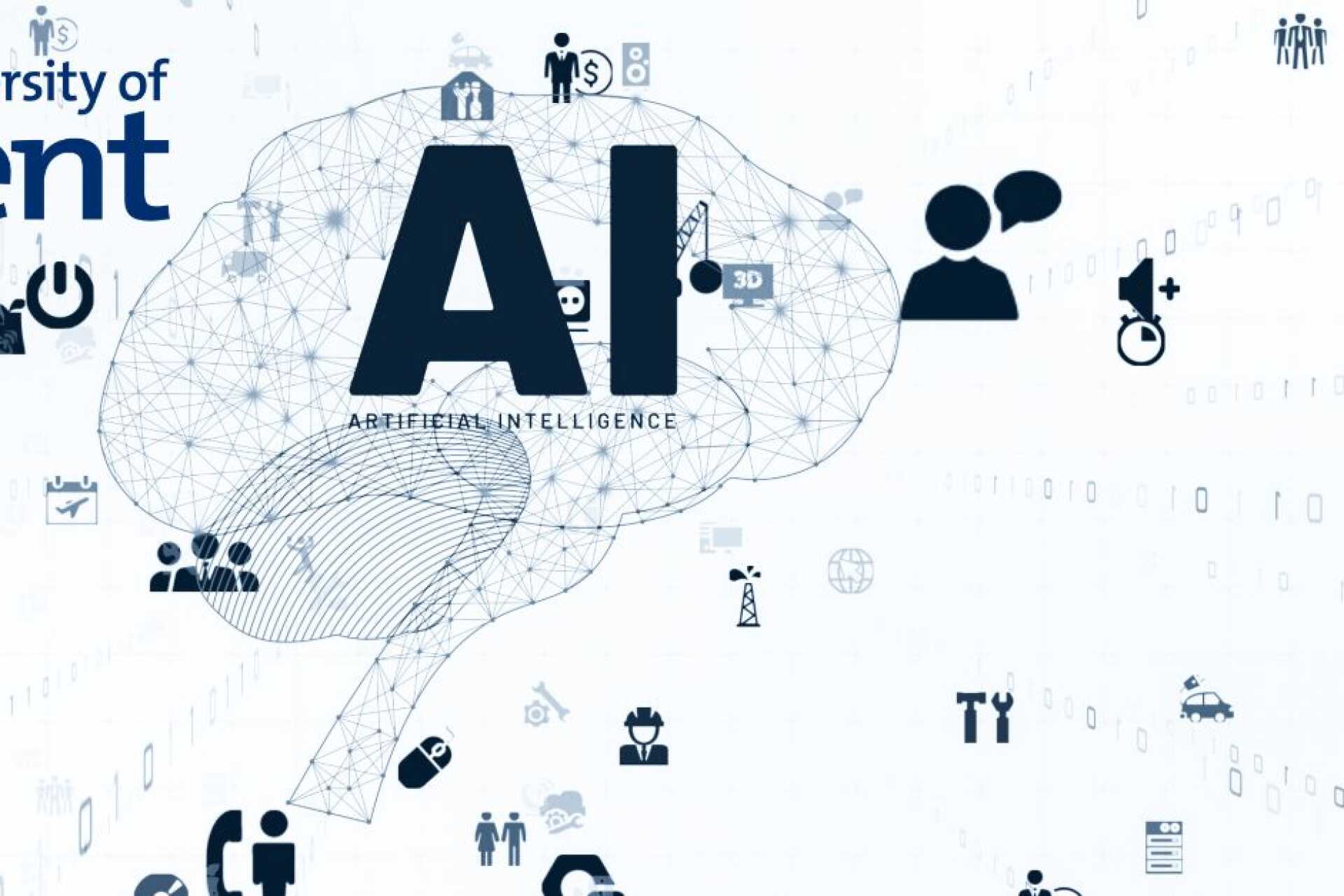Session outlines
Session 1. What is AI? (Luke Scanlon, industry expert)
This session will give an overview of the course and set the context for the later sessions. Consideration will be given to the extent to which AI is currently in use by businesses and the key legal and regulatory risks which arise including those relating to intellectual property, liability, bias and discrimination, transparency, cyber security and AI governance.
Session 2. How does AI work? (Dr Giovanni Luca Masala, School of Computing)
This session discusses AI from a computing perspective. It offers a general introduction to Artificial Intelligence applications in business, economics and finance; and delves deeper into classification methods using Machine Learning with features extraction and validation methods. As an application, it discusses examples of Deep Learning in finance.
Session 3. AI specifics and applications (Dr Giovanni Luca Masala, School of Computing)
Continuing the discussion of session 2, this second part focuses on genetic algorithms (GA) and genetic programming (GP). It close examines examples of GA for Credit Scoring and GP for Financial Forecasting.
Session 4. AI: Key legal frameworks (Dr Emek Delibas, Kent Law School)
This interactive session provides an overview of the key legal frameworks businesses must be aware of when using AI. In addition to current UK laws and regulations, the session examines the implications of the EU Artificial Intelligence Act for UK businesses. Case studies and practical activities will be used to demonstrate these regulations in action and highlight common pitfalls.
Session 5: AI ethics (Dr Emek Delibas, Kent Law School; pre-recorded)
This pre-recorded 1-hour session delves into what AI ethics is, why it is important and how to ensure ethical AI use in your business. In the form of an interview with Dr Marie Kerin, and expert in legal theory, this session discusses key principles of AI ethics transparency, impartiality, accountability, reliability, security and privacy.
Note: Participants are encouraged to listen session 5 prior to session 4 so they can discuss any questions with the legal expert instructor during the latter.
Session 6. Emerging digital technologies and online marketplaces (Dr Conrad Coelho, Kent Business School)
From a marketing perspective, this session provides a comprehensive overview of emerging technologies transforming the digital landscape. Participants will dive into technologies such as AI, Blockchain, and the Metaverse, examining their impact on business and marketing strategies. Through cases and hands-on tools, participants will learn how these technologies can create innovative pathways for customer engagement. By the end of the session, participants will be able to identify the key applications of these technologies and how they can leverage them for business growth and competitive advantage.
Session 7. Digital analytics (Dr Conrad Coelho, Kent Business School)
This session focuses on the significance of analytics to provide insights for decision-making in an increasingly data-driven world. Participants will engage in hands-on experiential learning with Google Analytics 4 (GA4), a next-gen web analytics tool powered by AI and ML, to gain insights into digital analytics. Additionally, the session will introduce other digital tools, to enhance their web analytics. By the end of this session, participants will develop an understanding of digital analytics and its role in optimising business outcomes.
Note: Sessions 5 and 6 are designed to complement each other, providing participants with a comprehensive understanding of how emerging digital technologies and web analytics can drive business innovation and growth. This holistic approach aims to ensure that participants are well-equipped to leverage both emerging technologies and analytics to advance their career prospects and drive organisational success.
Session 8. Key AI applications in business (Dr Preetam Basu, Kent Business School)
This session focuses on how to comprehend and utilise AI technology in a variety of business scenarios by integrating theoretical knowledge with practical applications. It addresses predictive and prescriptive analytics, natural language processing and other AI technologies; and discusses case studies of how these can be used in real-world business settings especially in the context of banking, logistics/supply chain and healthcare. By the end of this session, participants will learn how Artificial Intelligence spurs creativity, optimises workflows, and improves predictive analysis; and discover practical instances of AI implementation in various industries.
Session 9. Theory in practice: Drafting key AI legal documents (Luke Scanlon, industry expert)
This session will enable participants to draft clauses that may be used in AI policies and contracts to address legal and regulatory risks which commonly arise. Example clauses will be provided and the class will analyse and discuss different approaches that can be taken from a risk management perspective.
Location
Kent Business School, Sibson Building, Canterbury Campus, The University of Kent
Park Wood Road, Canterbury CT2 7PE
- Seminar rooms 4 (SIBSR4) and 5 (SIBSR5)
- Map
Schedule
| Mon 3 Feb 2025 1-5pm | Wed 5 Feb 2025 1-5pm | Mon 10 Feb 2025 1-5pm | Wed 12 Feb 2025 1-5pm |
| Room: Sibson building, SIBSR4 | Room: Sibson building, SIBSR5 | Room: Sibson building, SIBSR4 | Room: Sibson building, SIBSR4 |
| | Lunch 12-1pm | Lunch 12-1pm | Lunch 12-1pm |
| 1-1.15: Introduction 1.15-2.30: What is AI? Coffee break 3-5pm: How does AI work? | 1-2.30pm: AI Specifics and Applications Coffee break 3-5pm: AI: Relevant Legal Frameworks AI ethics, 1h pre-recorded | 1-2.30pm: Emerging Digital Technologies and Online Marketplaces Coffee break 3-5pm: Digital Analytics | 1-3pm: Key AI Tools & their Business Uses Coffee break 3.30-5pm: Theory in Practice: Drafting key AI legal documents 5-6pm: Drinks reception |





